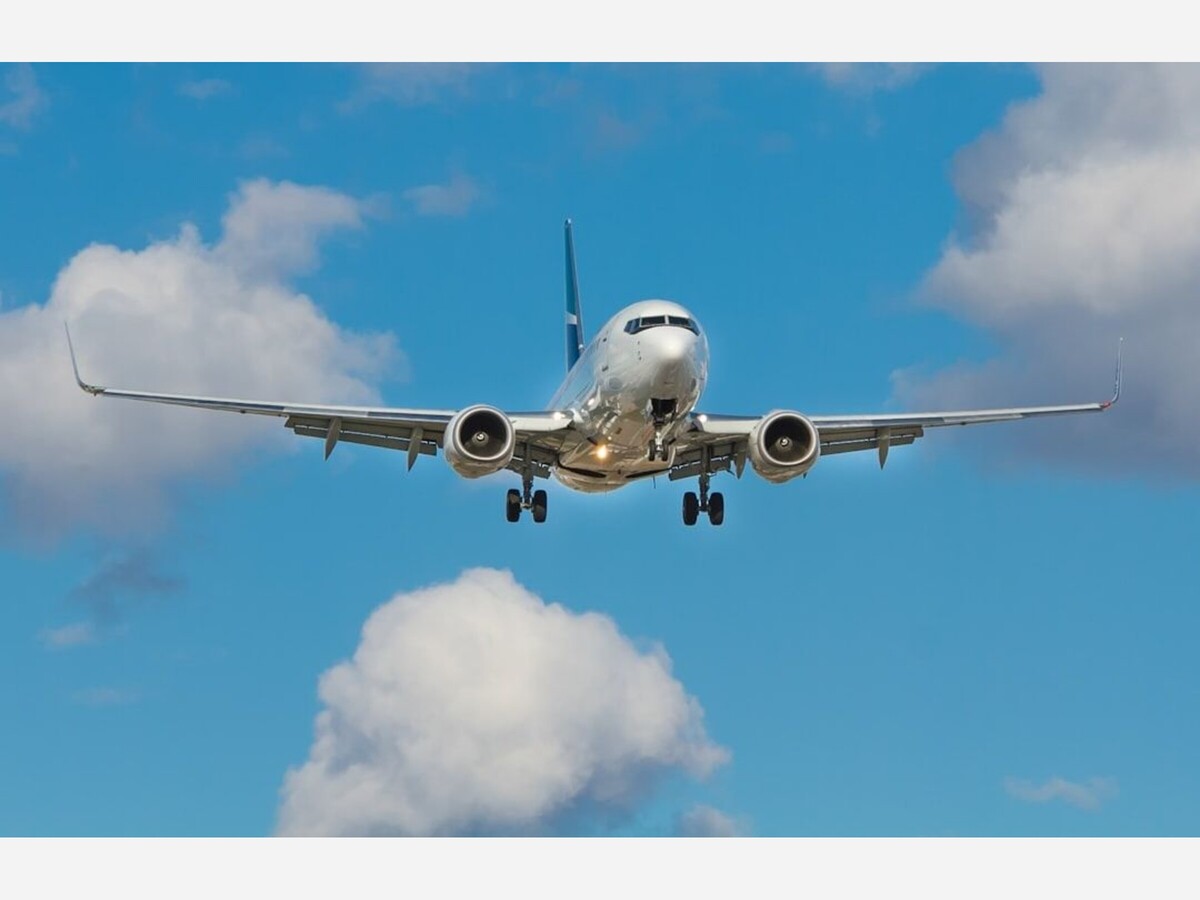Image


New Mexico United States Senators Martin Heinrich (D-N.M.) joined, Peter Welch (D-Vt.), Sheldon Whitehouse (D-R.I.), and Jeff Merkley (D-Ore.) today sent a letter to U.S. Department of Energy (DOE) Secretary Jennifer Granholm, U.S. Department of Treasury Secretary Janet Yellen, and Senior Advisor to the President for Clean Energy Innovation and Implementation John Podesta, urging the administration to adopt the strongest climate considerations possible when it updates the Greenhouse gases, Regulated Emissions, and Energy use in Technologies (GREET) model, an emissions assessment tool used in aviation tax credits. The Senators also urged the Biden Administration to implement safeguards to prevent environmental harms from producers claiming renewable energy credits to reduce their direct emissions from energy consumption.
The updated GREET model will be used to determine which fuels are eligible for the Sustainable Aviation Fuel (SAF) Tax Credit—created to incentivize decarbonization in the aviation sector.
“Aviation is also among the most challenging sectors to decarbonize. While innovations in alternative fuel aircraft—such as battery-powered electric or hydrogen fuel cell planes—have shown promise, these technologies are not yet commercially viable. Many in the industry have turned to SAF and synthesized e-fuels as a potential solution to reduce aviation emissions in the short term,” wrote the Senators.
The Senators continued: “However, it is essential that only the cleanest SAF qualify for the highest tax credit. … At the end of 2023, the Treasury Department and Internal Revenue Service announced plans to use an updated GREET model as the LCA mechanism to determine eligibility for the SAF tax credit. Because the model’s emissions factors are foundational to its accuracy, we ask that any updates to GREET consider the following criteria to guarantee the most thorough carbon accounting for SAF: Indirect Land Use Conversion (ILUC); Soil Carbon Credits; Renewable Energy Reporting.”
The Senators concluded: “Incorporating these criteria in DOE’s and Treasury’s implementation of the SAF tax credit will improve producers’ ability to measure their lifecycle GHG emissions and ensure the cleanest fuels receive the highest tax credit, as Congress intended.”
Commercial aviation is one of the fastest growing sources of greenhouse gas (GHG) emissions. Increased air travel demand, whether for passengers or freight, has steadily driven the sector’s emissions higher each year, with the aviation sector responsible for 2% of global CO2 emissions from energy consumption in 2022 and pollution from commercial aircraft projected to triple by 2050.
“Sustainable aviation fuels are a key to decarbonizing air travel and need to be scaled up responsibly. However, getting the details right is critical to ensuring these fuels deliver the climate benefits they promise without compromising other values such as biodiversity and water quality. As the Biden administration finalizes updates to its climate modeling, we are grateful to Senators Whitehouse and Welch for leading this effort to deliver this important message,” said David DeGennaro, Senior Policy Specialist for Climate and Energy at the National Wildlife
The full text of the submitted letter to DOE and the Department of Treasury may be found at Letter Urging DOE and Treasury to Adopt Strong Climate Considerations and Guardrails for Renewable Fuel Tax Credits (senate.gov)